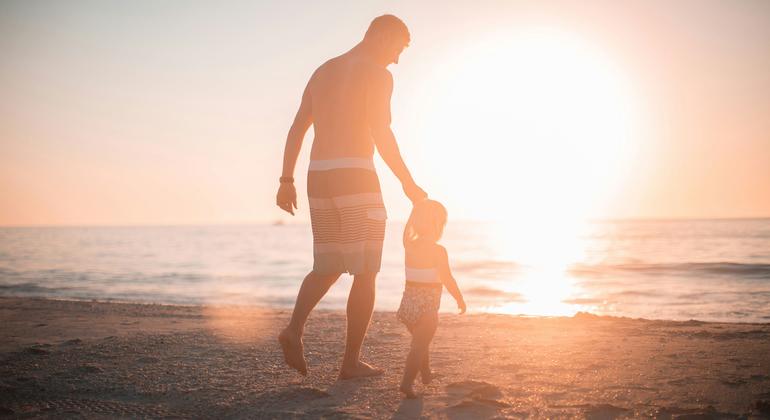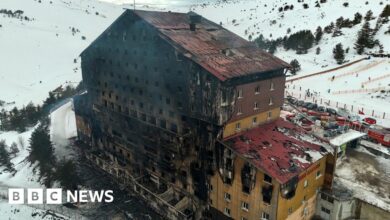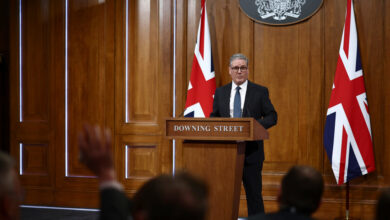Rising temperatures in Europe and Central Asia kill nearly 400 children a year: UNICEF


UNICEF reveals 377 child deaths in 2021 based on data from 23 countries across the vast region.
Heat-related illnesses claim the lives of half of these vulnerable children in their first year of life.
“About half of all children across Europe and Central Asia – or 92 million children – are exposed to regular heatwaves in a region where temperatures are rising at the fastest rate globally,” said Regina De Dominicis, UNICEF Regional Director for Europe and Central Asia said.
She warned that rising temperatures could have serious effects on children’s health, even in the short term.
“If left untreated, these complications can be life-threatening,” she speaks.
Exposure to heat
According to UNICEF, exposure to high temperatures can have acute effects on children even before they are born, potentially leading to premature birth, low birth weight, stillbirth and birth defects.
The agency also notes that heat stress can directly lead to death, affect infant development, and be a gateway to pediatric diseases.
Furthermore, UNICEF said that “Extreme heat has caused the loss of more than 32,000 healthy life years of children and adolescents in the region.“ .
Recommendations
2024 has seen record high temperatures with this June being recorded is the hottest in Earth’s historyThis is the thirteenth consecutive record month.
UNICEF is urging governments in Europe and Central Asia invest in “heat health action plans and primary health care to provide more comprehensive support for heat-related illnesses in children.”
The children’s agency also called on governments to invest more in heat warning systems, ensure educational facilities reduce temperatures in areas where children play and ensure safe drinking water is available.
Other measures include equipping buildings to reduce exposure and establishing strategies to reduce the impact of heat waves in general and on children in particular.
UNICEF said it is working with governments and communities across Europe and Central Asia to “build resilience to heatwaves” by providing teachers, family health workers and communities with knowledge and skills to combat heat stress.




